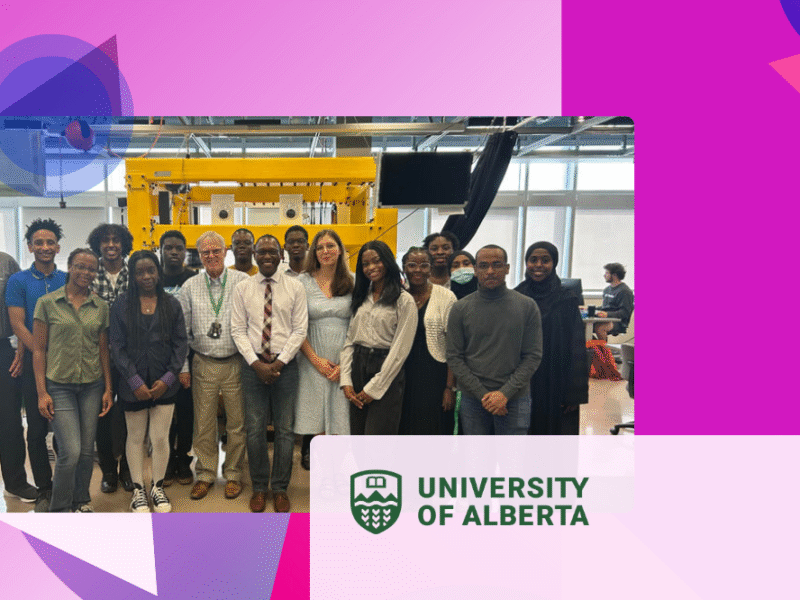Work-integrated Learning
Research
Mentoring for Black Nurses—A Retrospective Study
The project explored the role of mentorship in pathways to nursing, including education, employment and advancement, and how anti-Black racism manifests for both internationally and Canadian-trained professionals.
Project
Leadership Development for Indigenous Communities
To address the economic gaps that persist between Indigenous and non-Indigenous people in Canada, Workforce Warriors Inc. launched the Leadership Development for Indigenous Communities project.
Blog
Impact Story: Empowering the Future by Advancing Opportunities for Black Youth in STEM
As we look toward building a more inclusive and innovative future, it's essential to reflect on how we support Black youth pursuing science, technology, engineering, and mathematics (STEM).
State of Skills
Work-Integrated Learning
Work-integrated learning can be effective in developing technical and soft skills among learners at different levels, including in high schools, colleges and universities and in professional roles.
Event
FSC at the CEWIL Key Insights on Work-Integrated Learning
We’re excited to share that Steve Richter, Manager of Policy, Future Skills Centre, will be speaking at CEWIL members-only webinar, to discuss key insights from Future Skills Centre’s investments in Work-Integrated Learning (WIL).
Project
A New Model for Workplace-Integrated Learning
The project aimed to enhance bioscience programming by implementing educational and training initiatives across three key streams: new-skilling, re-skilling and upskilling.
Blog
Advancing Canada’s Bioeconomy: How BIOVECTRA is Addressing the Biomanufacturing Skills Shortage
The biomanufacturing industry faces a pressing challenge: a sector-wide skills shortage projected to reach 65,000 workers by 2029.
Research
How International College Students Use Career Supports
To fully harness the potential of international students and maximize the investments made in their education and settlement, it is crucial that those who stay in Canada after graduation transition smoothly into the labour market.
Project
Rapid ‘On-The-Job’ Employee Upskilling for In-Demand Skilled Jobs: Higher Productivity, Retention and Career Pathways
The project, a follow-up to a previous collaboration between Future Skills Centre (FSC) and the Work-Based Learning Consortium (WBLC), focused on improving the effectiveness and efficiency of upskilling in several streams of work.










